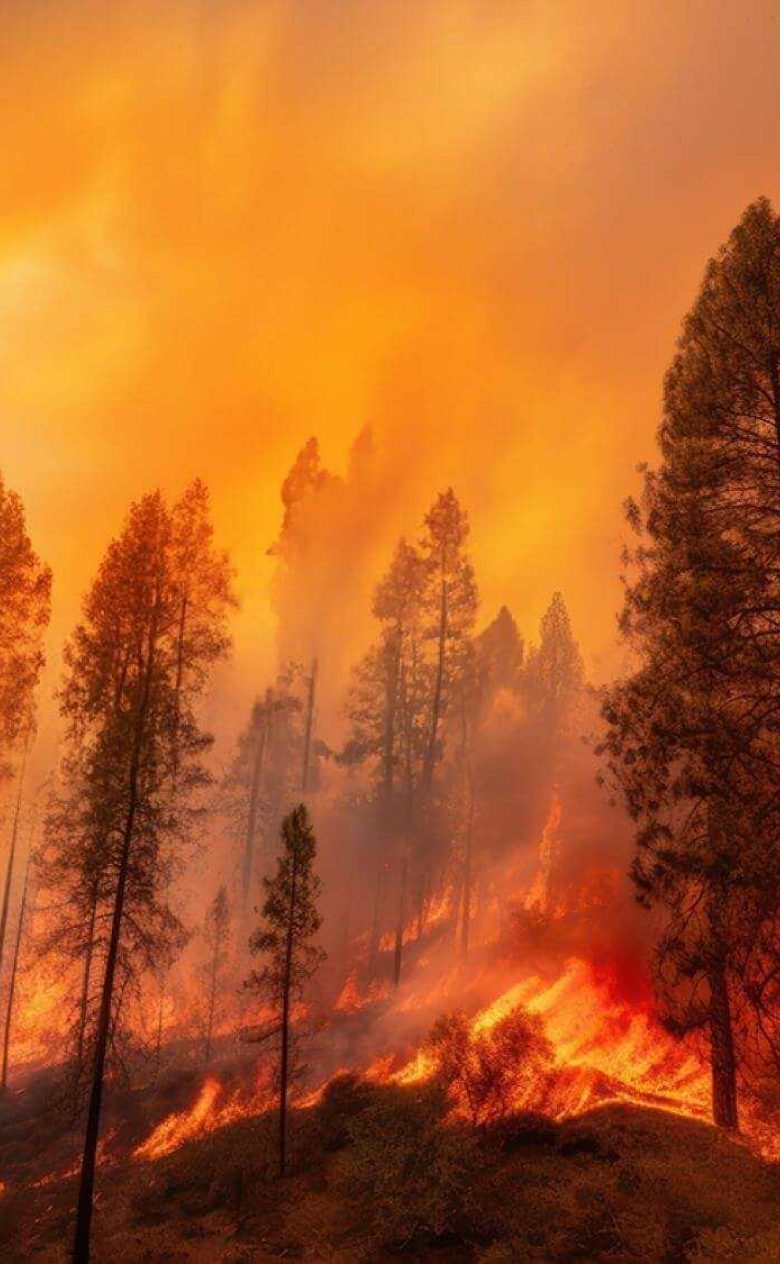Research into link between droughts and wildfires
In collaboration with WUR, Deltares has launched a study into the link between drought levels and the likelihood of wildfires in the Netherlands. Increasingly, wildfires last longer and affect larger areas. The recent large fires in Canada and Catalonia are cases in point. Earlier this year, there were also wildfires in our dune areas, and in Limburg and Brabant, with extensive damage as a result.

Margreet van Marle, expert on wildfires and climate resilience at Deltares: ‘The Netherlands is a densely populated country with numerous vital functions that depend on each other. So a wildfire can soon have consequences for society as a whole, such as damage to health, evacuations and the failure of infrastructure.'
A model for predicting wildfires
A reasonable amount of data is available in the Netherlands about the location, timing and duration of wildfires, as well as drought levels. The only thing that is unclear is how these two factors affect each other. In the case of drought, we have meteorological data about factors like precipitation and evaporation, as well as data on soil moisture and groundwater levels. In 2022, for example, there were more than 900 reported fires, two-thirds of which were on sandy soils (source: NIPV/WUR). Groundwater levels there are generally lower and the ground dries out more quickly.
Using new machine-learning techniques, researchers from Deltares and WUR are going to train a model to learn more about the link between fires and droughts. We hope this will improve our forecasts of the timing and location of wildfires.
In the short term, we can then provide better support for the deployment of fire brigades. In the long term, policy can take the risk of wildfires into account better when measures to combat drought are under consideration
Marjolein Mens water shortage expert at Deltares
The model is being tested in the Netherlands and, if the results are positive, the method may also be used in other countries.

The consequences of wildfires
We know that wildfires will be more likely as the climate warms and things get drier. The impact on society will also increase in turn: an uncontrollable wildfire leading to an evacuation could affect tens of thousands of people. It is estimated that Dutch wildfires currently cost € 5 million annually in terms of firefighting costs and damage to nature. This will increase to € 10 million euros a year by 2050. If the need to close roads and restrictions on leisure activities such as closing campsites are also taken into account, this may lead to millions of euros a year in additional costs.
A good estimate of the consequences of wildfires is still lacking. It isn’t always possible to prevent fires but we hope to improve forecasting with this study.
Van Marle, expert on wildfires and climate resilience at Deltares


